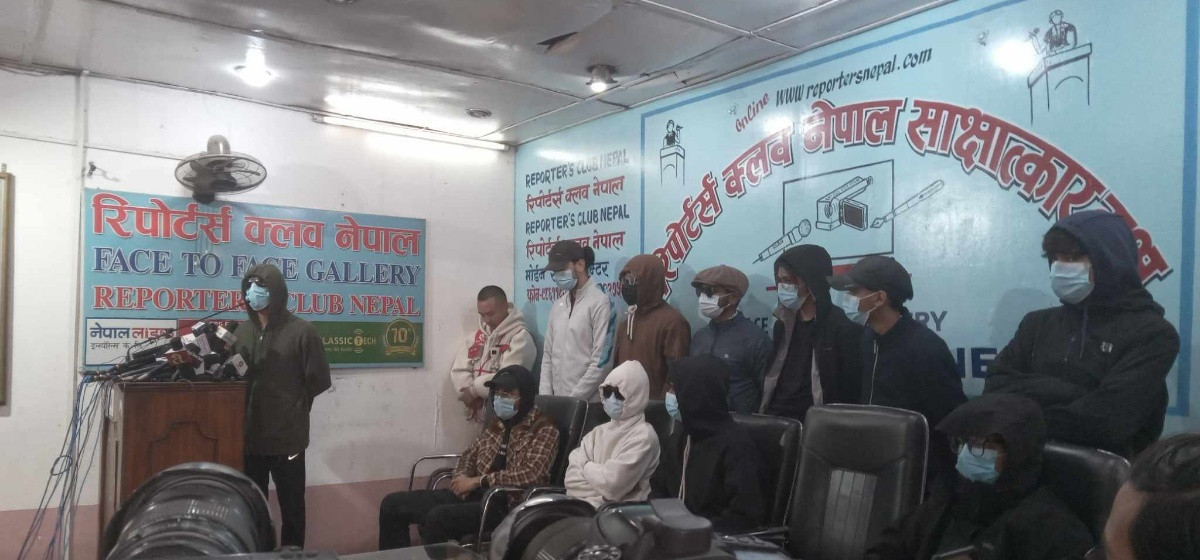KATHMANDU, Dec 15: A new report published by the Open Nepal Initiative (ONI) highlights the growing epidemic of online violence targeting women politicians in Nepal. The report reveals how this pervasive issue undermines democratic participation and silences critical voices in public discourse.
Based on monitoring the social media accounts of 12 prominent women politicians over three months (August–October 2024), the findings expose alarming patterns and underscore the urgent need to create safer digital spaces.
The report documents a disturbing upward trend in online violence against women in politics. In August alone, 24 incidents were recorded, with "Insult and Hate Speech" accounting for 67% of the cases. The following month saw 35 incidents, with 74.3% falling under the same category, along with cases of physical threats and sexualized distortions. October witnessed a record 44 incidents, with "Insult and Hate Speech" maintaining a 70.5% share. “These attacks not only target women’s political stances but also degrade them based on their gender, attempting to diminish their credibility and silence their voices,” states the report.
28 women and girls fall victim to domestic violence during 16 d...

The study identifies Twitter as the primary platform for online abuse, responsible for most incidents during the three-month period. The anonymity and reach of social media platforms enable perpetrators to launch coordinated attacks, spreading disinformation and gendered hate speech against female politicians.
The most targeted female politicians included Toshima Karki and Sumana Shrestha of Rastriya Swatantra Party (RSP) and Arzu Rana Deuba of Nepali Congress (NC). Lawmaker Karki, a former State Minister for Health, faced the highest volume of abuse for advocating disaster preparedness and addressing corruption allegations. Similarly, Shrestha, known for her anti-corruption stance, experienced sustained online harassment, particularly for defending her party leader against fraud allegations.
Foreign Minister Arzu Rana Deuba became the target of misogynistic comments and false corruption allegations, with users associating her with scandals despite her diplomatic achievements. “These cases highlight how female politicians, regardless of their political affiliations or contributions, are disproportionately targeted with abuse and disinformation,” the report states.
Lead researcher of the report Deepak Adhikari noted that women politicians are often attacked not for their policies but for their gender, with perpetrators questioning their competence and motives to undermine their credibility. “Twitter’s prominence in these cases underscores the need for platform accountability in addressing gender-based online violence,” he said. “The constant barrage of abuse discourages women from participating in public life, weakening democratic representation and diversity.”
The study recommends several measures, including strengthening cyber laws, organizing public awareness campaigns, establishing support mechanisms, offering legal and psychological support for women politicians experiencing online abuse, and ensuring social media accountability.
Adhikari emphasized that the findings highlight a digital-age crisis where platforms intended to foster dialogue have become tools for silencing women. “Online violence against women in politics threatens not only their personal well-being but also the democratic principles of equity and representation,” he said, urging governments, social media companies, and civil society to collaborate in creating safe, inclusive digital spaces where women can lead without fear.










































